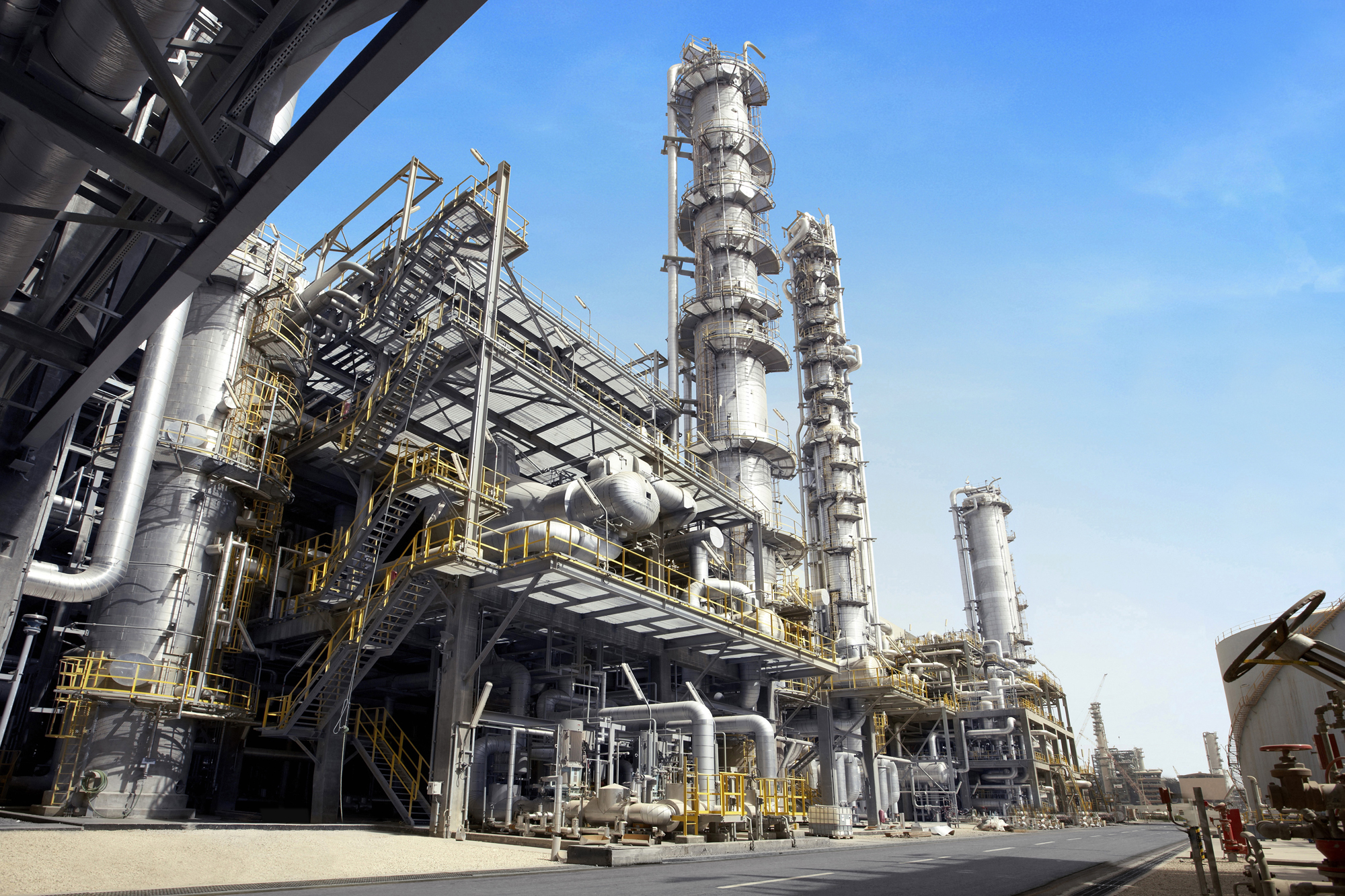The petrochemical industry has always been at the forefront of global industrial development since its inception. With advancements in technology and innovation, it continues to play a significant role in various sectors, ranging from plastics and packaging to automotive and construction.
Looking ahead, the future of the petrochemical industry appears promising, as several impactful trends are expected to shape its trajectory in the coming years.
1. Sustainability and Green Initiatives
“Sustainability is not a choice but a necessity for the petrochemical industry.” - John Smith, Environmental Scientist
Environmental consciousness and the demand for sustainable products have led the industry to prioritize eco-friendly practices. Investments in renewable feedstocks, energy-efficient processes, and waste-reduction techniques are becoming increasingly prevalent. The industry is actively working towards reducing its carbon footprint and adopting circular economy principles.
2. Digital Transformation and Automation
“Digital technologies will revolutionize the petrochemical industry, enhancing productivity and optimizing operations.” – Sarah Martinez, Technology Analyst
The petrochemical sector is embracing digitalization to optimize production, improve supply chain efficiency, and enhance safety measures. The implementation of advanced analytics, IoT devices, and machine learning algorithms enables real-time monitoring, predictive maintenance, and intelligent decision-making, driving operational excellence.
3. Feedstock Diversity and Technological Advancements
Traditionally, the industry primarily relied on fossil fuels as feedstocks. However, with the volatile nature of the energy market, companies are exploring alternative feedstock options. Biomass, natural gas, and even CO2 capture are being considered as viable alternatives, boosting feedstock diversity. Furthermore, continuous advancements in catalyst technologies and process innovations facilitate cost-effective production and product diversification.
4. Circular Economy and Recycling Initiatives
The petrochemical industry is acknowledging the importance of a circular economy, emphasizing the recycling and reuse of materials. Transforming waste into valuable resources, implementing efficient recycling processes, and promoting eco-friendly product designs are gaining prominence. Collaboration among industry players, governments, and consumers is crucial to developing sustainable recycling infrastructure and closing the material loop.
5. Emerging Markets and Demand Shifts
The global petrochemical industry is witnessing a shift in demand dynamics driven by changing consumer preferences, population growth, and urbanization. Emerging economies, particularly in Asia, are experiencing rapid industrialization and a growing middle class, leading to increased demand for petrochemical products. Industry players must adapt to these market shifts and invest in market intelligence to capitalize on new opportunities.
Conclusion
In conclusion, the petrochemical industry is poised for a transformative future. Sustainability, digitalization, feedstock diversification, circular economy initiatives, and emerging market dynamics are all set to define its path ahead. Adapting to these trends and proactively embracing innovation will be vital for industry players to thrive in the years to come.
Image source: www.example.com





